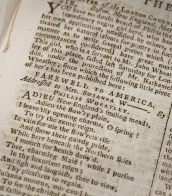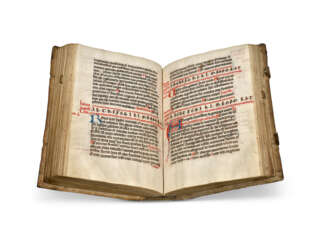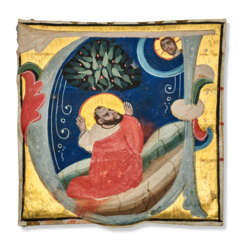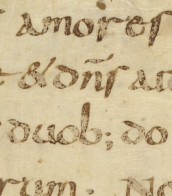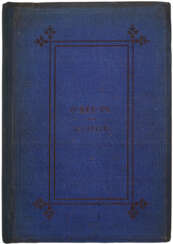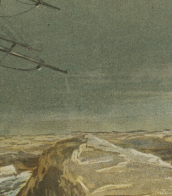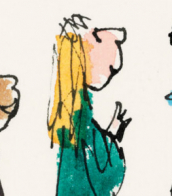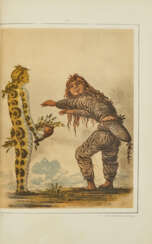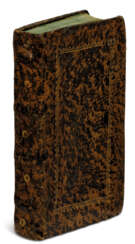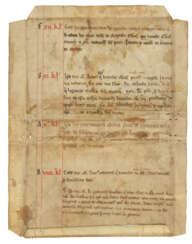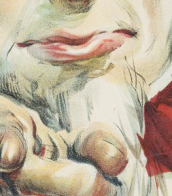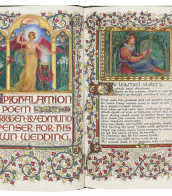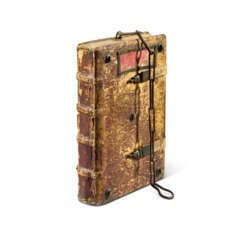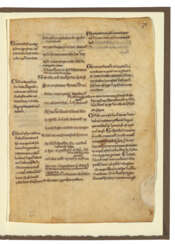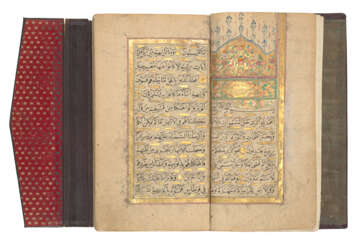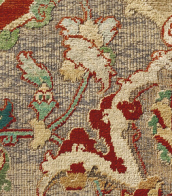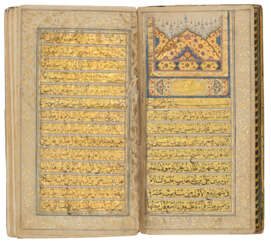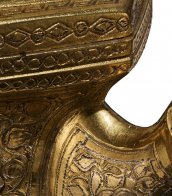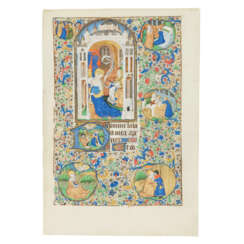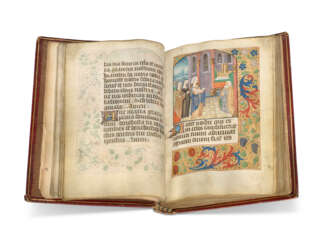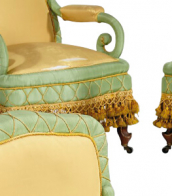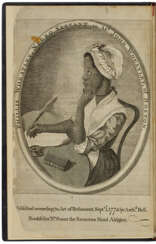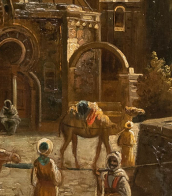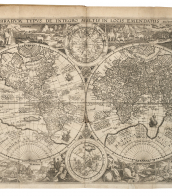religious book
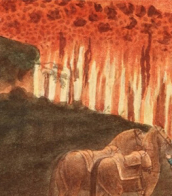
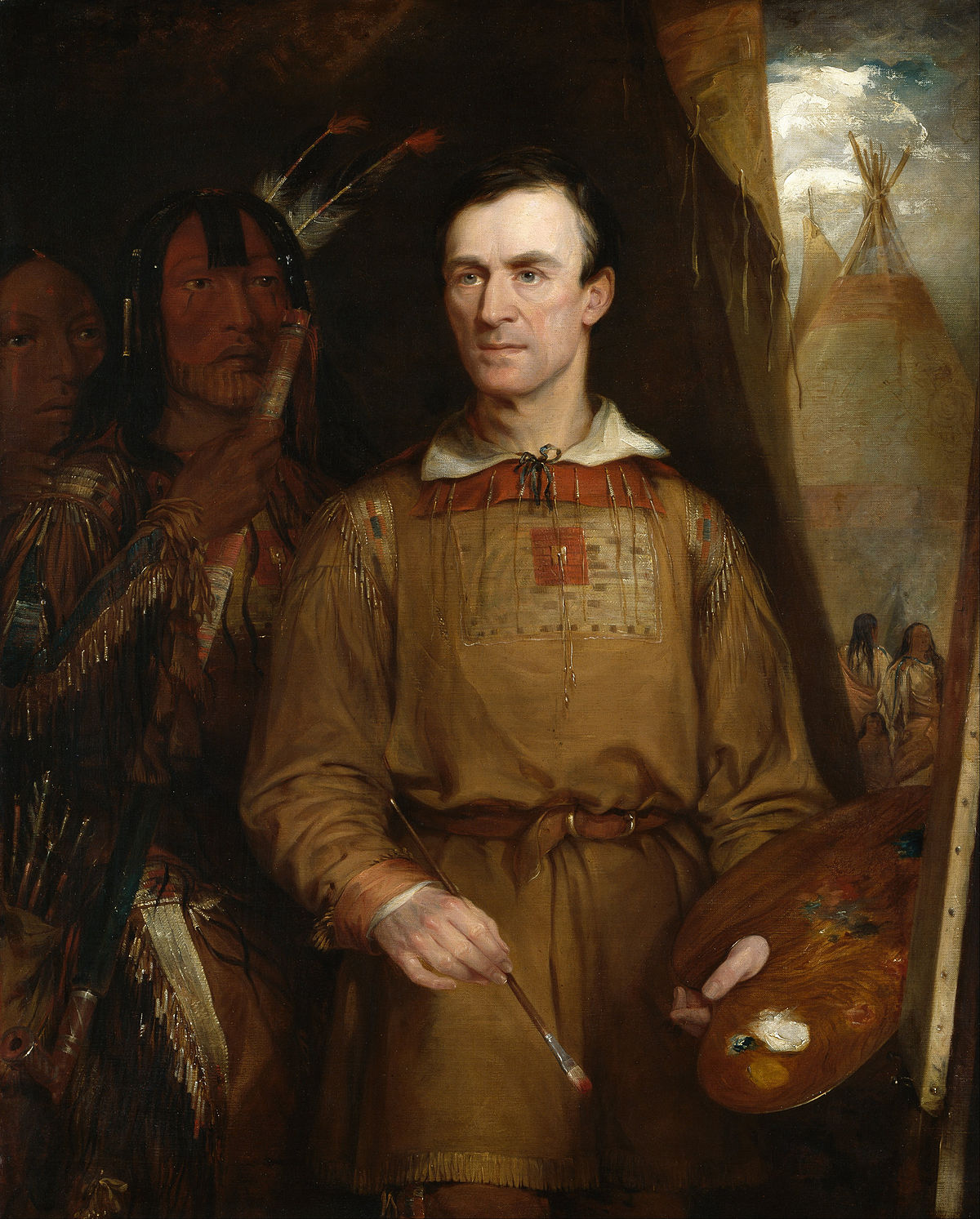
George Catlin was an American painter and writer, renowned for his vivid portrayal of Native American peoples and their cultures. Born in Wilkes-Barre, Pennsylvania, Catlin's early fascination with Native Americans grew into a lifelong dedication. His journey to the American West in the 1830s marked the beginning of an ambitious project to capture the disappearing tribes and their ways of life through his art.
Catlin's unique contribution to art and anthropology lies in his extensive collection of paintings, which document the appearance and customs of Native American tribes before the significant impacts of Western expansion. His most notable works, such as the "Buffalo Bull's Back Fat" and "Bird's Eye View of Mandan Village," are celebrated for their detailed representation and vibrant storytelling. These works provide a window into a world that was, at the time, largely misunderstood and misrepresented by mainstream American society.
His dedication led to the creation of the "Indian Gallery," an extensive traveling exhibition of his paintings and artifacts collected during his travels. This collection toured throughout the U.S. and Europe, raising awareness and sparking curiosity about Native American life and culture. For art collectors and experts in antiques, Catlin's works not only offer artistic beauty but also serve as historical documents of immense value.
If you are intrigued by the profound historical and cultural narratives captured in Catlin's paintings, consider signing up for updates on new product sales and auction events related to George Catlin. Stay informed and enrich your collection with pieces of a pivotal era in American history.

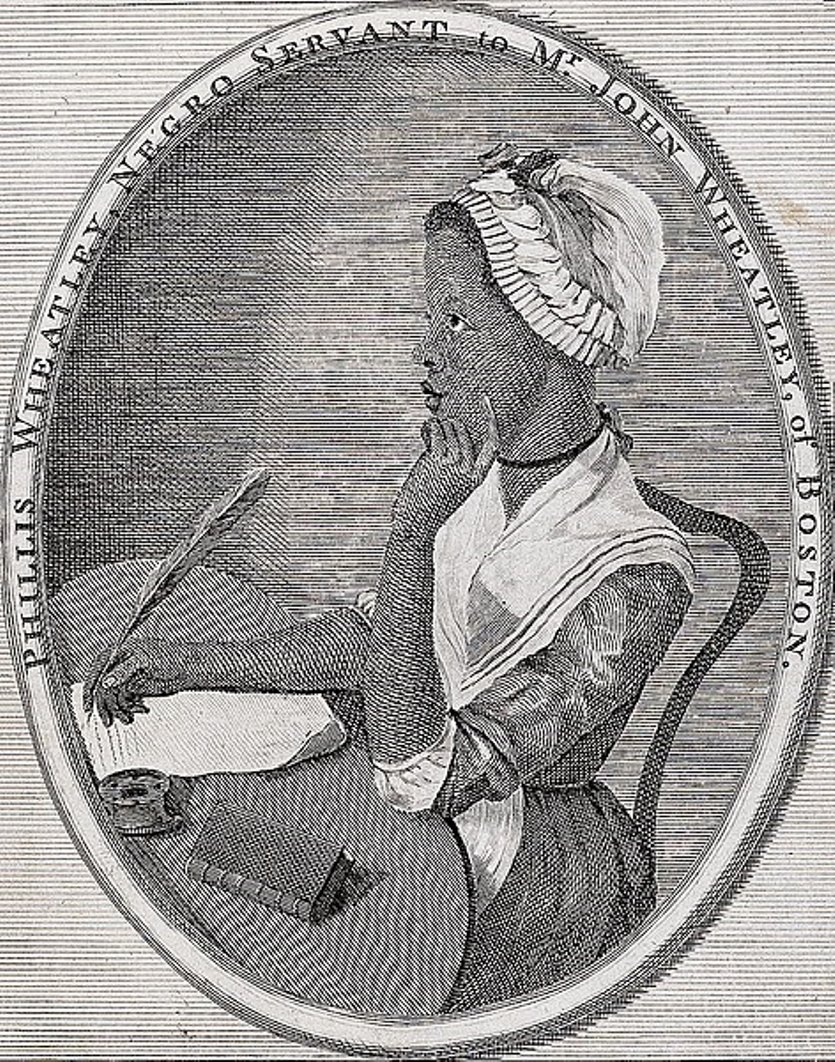
Phillis Wheatley or Phillis Wheatley Peters was an American poet born in Africa.
A native of West Africa, Phillis Wheatley was kidnapped as a young child and sold as a slave in 1761 to John and Susanna Wheatley in Boston. They chose the name Phyllis for her in honor of the ship on which the girl traveled the Middle Passage. The Wheatley family quickly recognized her intellectual abilities and encouraged her study of the classics. Phyllis began writing poems and verses, and some were even published when she was only 14 years old.
However, the 18th-century public had great difficulty accepting a black slave girl as a writer. In May 1773, Wheatley traveled to London with her master's son. There her first book, Poems on Miscellaneous Subjects, Religious and Moral, was published. Wheatley's literary talent and personal qualities contributed to her great social success in London. In the fall of 1773, Phyllis returned to the United States and Wheatley was granted her freedom. She married, but lived only 31 years.
Wheatley's most famous poem today, "On Being Brought from Africa to America" (1768), directly addresses the theme of slavery.
